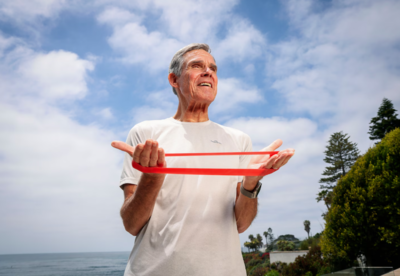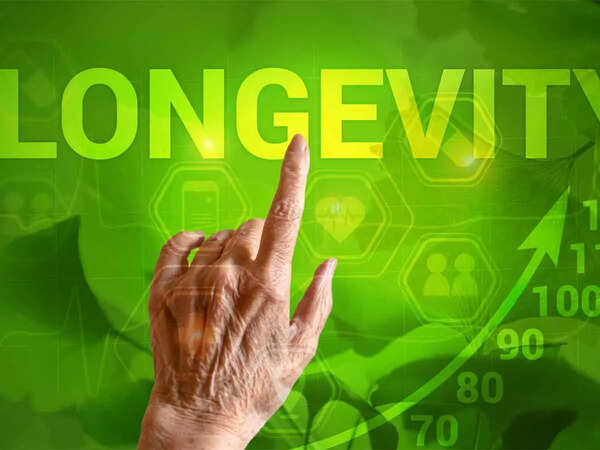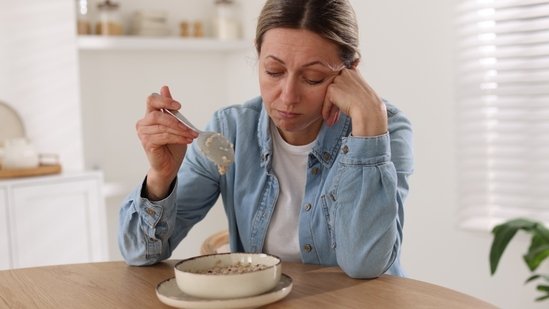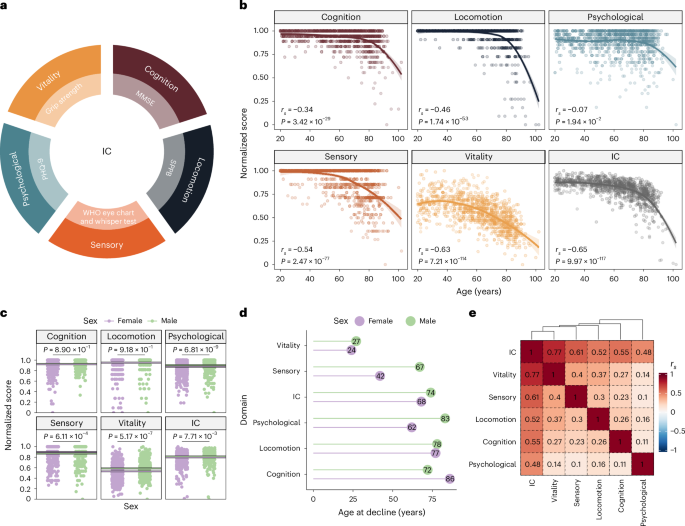
Seventeen years ago, Dr. Eric Topol, a cardiologist and founder of the Scripps Research Translational Institute, set out on a personal and scientific mission. At the age of 53, he wasn’t just interested in treating disease anymore. Instead, he wanted to understand why some people seem to age effortlessly, staying active and sharp even into their 80s and beyond.He believed the secret might lie in their genes. But what he discovered over the next decade and a half turned that idea on its head.
The myth of genetic magic: Why DNA wasn’t the answer
In an interview with The Washington Post, Topol and his team spent more than six years decoding the DNA of 1,400 people aged 80 and above, all of whom had no major chronic diseases. These were the “super agers,” people who had seemingly defied time. But to his surprise, their genetic profiles didn’t have much in common. The expected pattern, the so-called “ageing gene” was missing.So, if it wasn’t genetics, what made these individuals defy ageing? This question became the foundation for his new book, which describes hundreds of studies on ageing and health.

Studies suggest prolonged sitting may shorten lifespan regardless of activity levels.Tip: Reduce sedentary time by alternating between sitting and standing. Consistently include physical activities to enhance longevity.
What actually matters most?
Out of everything Topol examined from cutting-edge medicine to artificial intelligence, one finding kept rising above the rest: exercise.Yes, exercise. Not a miracle drug or an expensive therapy, but consistent physical movement. Among all lifestyle changes, exercise was the only intervention proven to slow down the biological ageing process across the entire body.This wasn’t just about looking younger. The science showed that regular physical activity could literally adjust the pace at which the body ages.
Strength over speed
For years, Topol had focused on cardio, like walking, cycling, and swimming. But while writing his book, he stumbled across mountains of evidence about strength training. It changed his perspective and his life.

He began resistance training in his 60s and quickly became stronger than he’d ever been. It wasn’t just muscle — his balance improved, posture got better, and there was a new sense of physical confidence. All from simple tools: dumbbells, resistance bands, and bodyweight movements like planks and lunges.What stood out was grip strength — a simple marker — which had a strong link to long-term health and survival. A firm handshake, it turns out, might be more than just polite.
The unexpected benefits of moving with purpose
Topol’s approach wasn’t about spending hours at the gym. He trained at home, short, focused workouts a few days a week. But he added something else: balance training. Exercises like standing on one leg or reaching down while balancing helped protect against falls and supported brain health.He also emphasised the benefits of being outdoors and staying socially connected. Nature and friendships, two things taken for granted, have scientifically proven effects on emotional and physical health. When combined with movement, they become a powerful trifecta.
Study finds obesity drug helps teens in losing weight
Healthspan over lifespan: Living better, not just longer
The goal, as Topol explains, isn’t just to live longer, it’s to stay healthy longer. A concept known as healthspan. This means living free of major diseases like cancer, heart disease, and neurodegeneration for as long as possible.Studies show that healthy habits, especially regular exercise, can add seven to ten extra years of good health. That’s nearly a full decade of life with independence, energy, and vitality.Topol, now 70, doesn’t dream of immortality. He just wants to make it to his late 80s still active, sharp, and disease-free. And the science suggests that this isn’t just wishful thinking, it’s an achievable reality.







